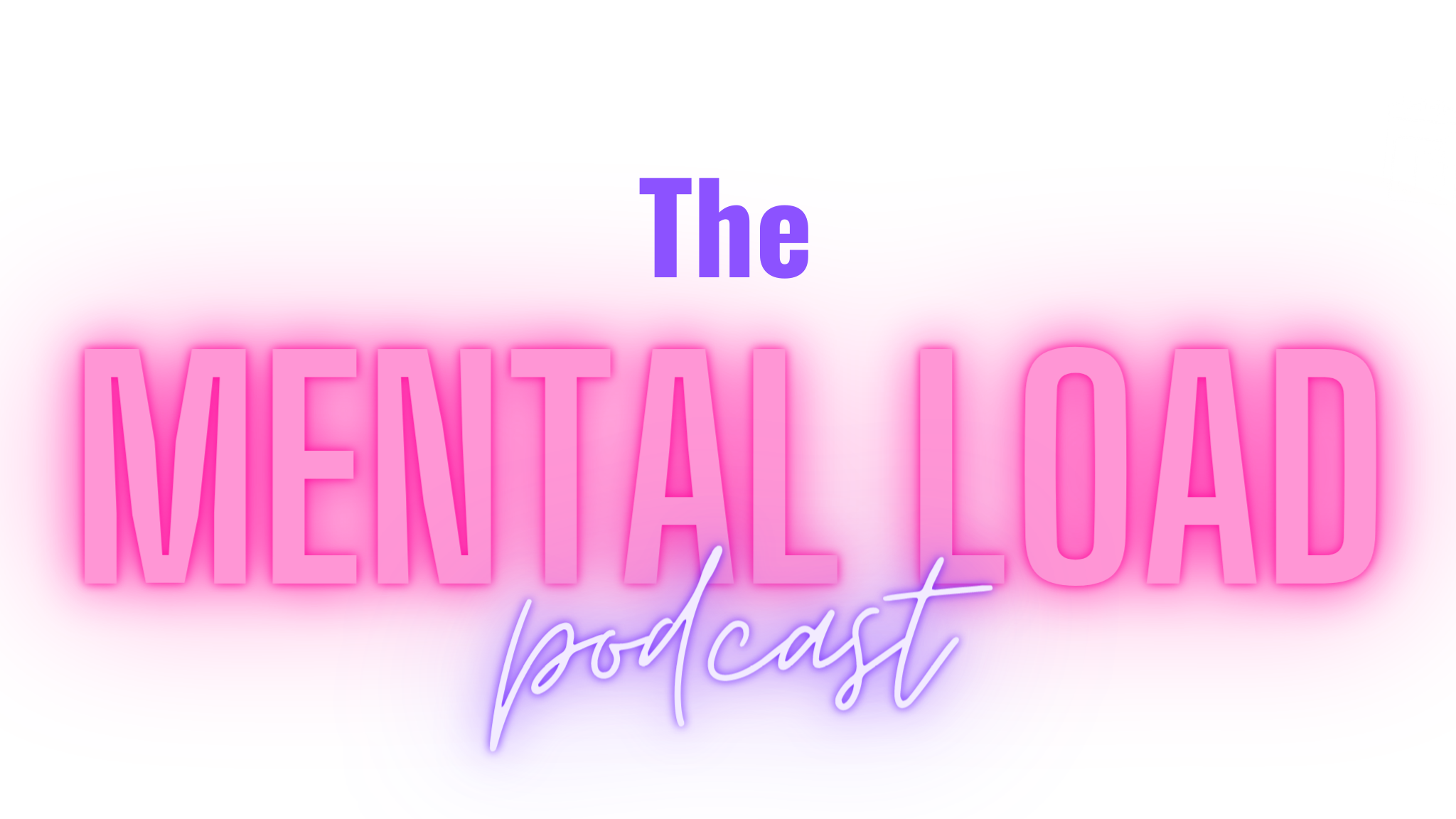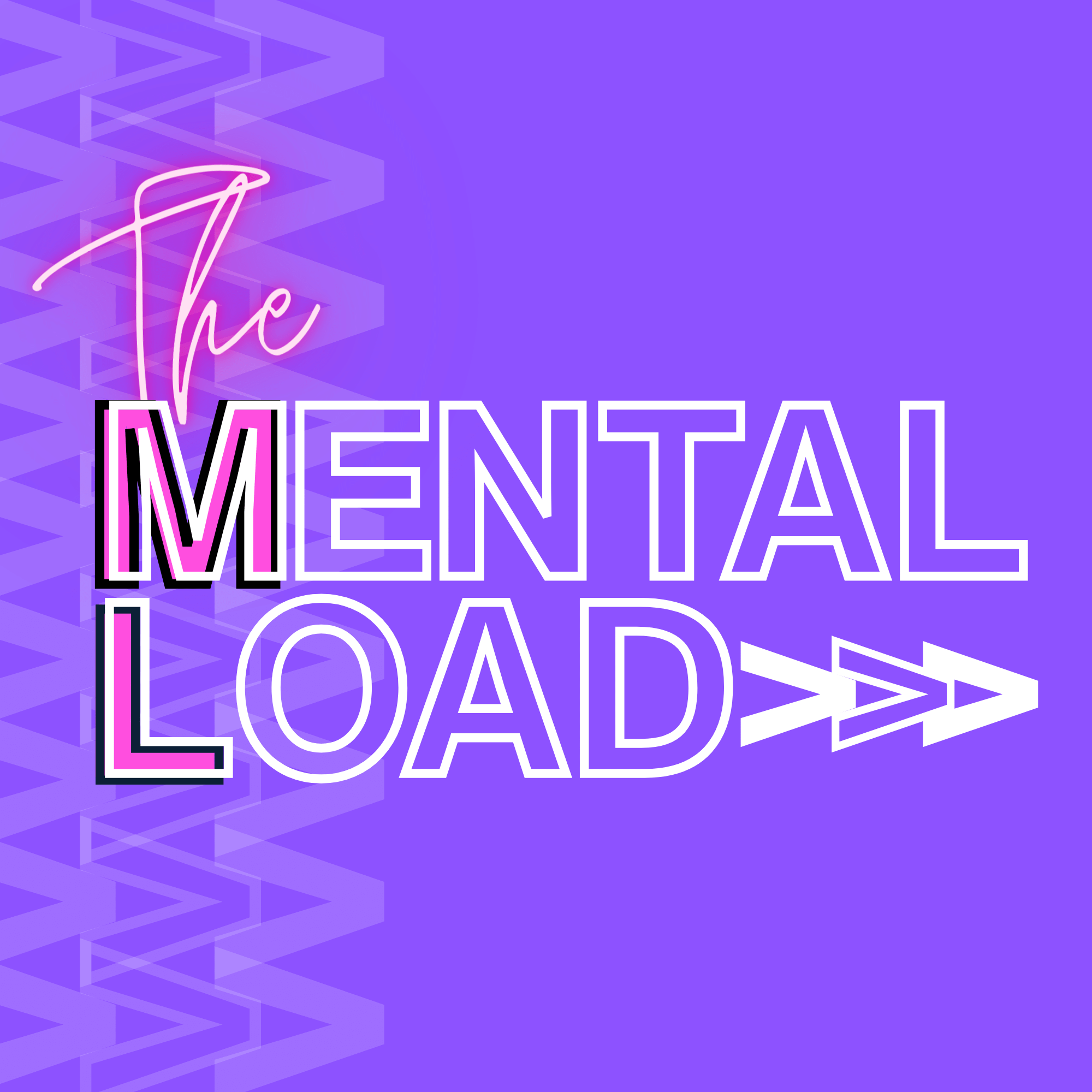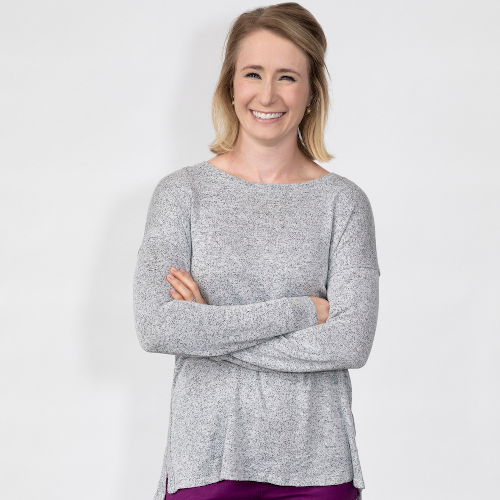Maternity Leave Isn't a Vacation
Maternity Leave and the mental load
Maternity Leave isn't a vacation. In fact, it's where the mental load really starts and becomes one-sided.
Today we discuss how Employee Resource Groups can help support and lighten the load for not just moms, but all caregivers, joined by Sarah Reeves.
Sarah is a girl mom to Ella 8, Norah 5, Husband Aaron of 13 years. She's the Director of Product Management at one of the largest internet companies to date. After her first child, she co-founded a global employee resource group for parents that evolved to include caregivers of all kinds. Sarah loves to swear, especially during passionate discussions.
What is the issue?
Modern parenting expectations set women up even before the birth to carry the majority of the mental load. And that load continues to avalanche in from pregnancy into maternity leave.
- Gaps in community/village support
- Twisted perceptions (mat leave is a vacation) and the additional pressures put on parents
- Internalized expectations, maternal gate-keeping, martyrdom
- Why you can’t comparing maternity leave to vacation
- Your body is restoring itself after a traumatic event, not recovering after cocktails on the beach.
- This is prime time for cocooning, not for indulging your social butterfly side at the cruise ship dinner buffet.
- You don’t need an alarm clock because the baby is the alarm clock, not because you’re going to actually sleep in.
- A new family member means added mental load, not a break from your to-do list.
- You need real capacity to deal with the unexpected, and I don’t just mean flight delays into Aruba.
What are the effects?
- Men who take paternity leave are less likely to get divorced, and a Swedish study found that when fathers were offered up to 30 days of flexible leave while their partners were on maternity leave, their spouses are less likely to be on anti-anxiety medication in the postpartum period.
- Relationship Equity - Women whose partners take on an equal share of the MENTAL load have higher libidos
- Low female sexual desire affects more than 50% of women and is difficult to treat.
- Study findings suggest low desire is not a problem, an internal problem for women to resolve solo; effort needed from both partners.
- Need more than just the physical load - where wife/mom = project manager
- Homosexual partners handle relationship equity better on average
- Childcare deserts - women are disproportionately impacted: 23-75% of families across the US report having a struggle finding childcare. Disproportionately affecting communities of color and rural and urban areas impacted more so than suburban families. States with fewer ‘childcare deserts’ see less women in the workforce.
- We just went off our childcare cliff with expiration of federal funding started during the pandemic to aid families in the cost of childcare. The average family spends 27% of their income on childcare, DHHS says for it to be considered “affordable” it shouldn’t exceed 7%. Over 3 million children are at risk of losing childcare because of this with a projected $10.6 billion in economic impact and American families losing over $9 billion in earnings.
How does this relate to the mental load?
- Our findings imply that maternity leave benefits do not only protect mothers and their children around the period of childbirth, but may contribute to healthy ageing among women during the last decades of life. This finding may have profound implications for the costs of medical care, the social participation and the productivity of older women, as well as the societal impact of older mother's mental health on family members and society. https://www.ncbi.nlm.nih.gov/pmc/articles/PMC4400242/
- “And once we’re back at work, things will get so hellish that it will feel less exhausting to keep doing everything rather than to battle with your partner so that he does his share”. The Mental Load: A Feminist Comic.
How can we fix this?
- Men who take paternity leave are less likely to get divorced, and a Swedish study found that when fathers were offered up to 30 days of flexible leave while their partners were on maternity leave, their spouses are less likely to be on anti-anxiety medication in the postpartum period.
- Macro
- Large scale policy change at the federal level
- Employers can invest in ‘returners to work’ - non-profits like Path Forward
- Micro
- At work - ergs, hr/benefits
- Your manager/your team
- Nano:
- Listen to this podcast (educate/get perspective)
- Talk about it with partner/friends
- If we explicitly state how much planning is involved in every aspect of childcare and housework, it will become clearer just how much hidden work we do
Mentioned in this episode:
Joy School Affiliate Link
https://thepathtojoy.thrivecart.com/melissa-blooms-joy-school/partner/





